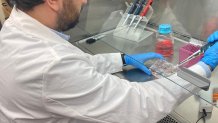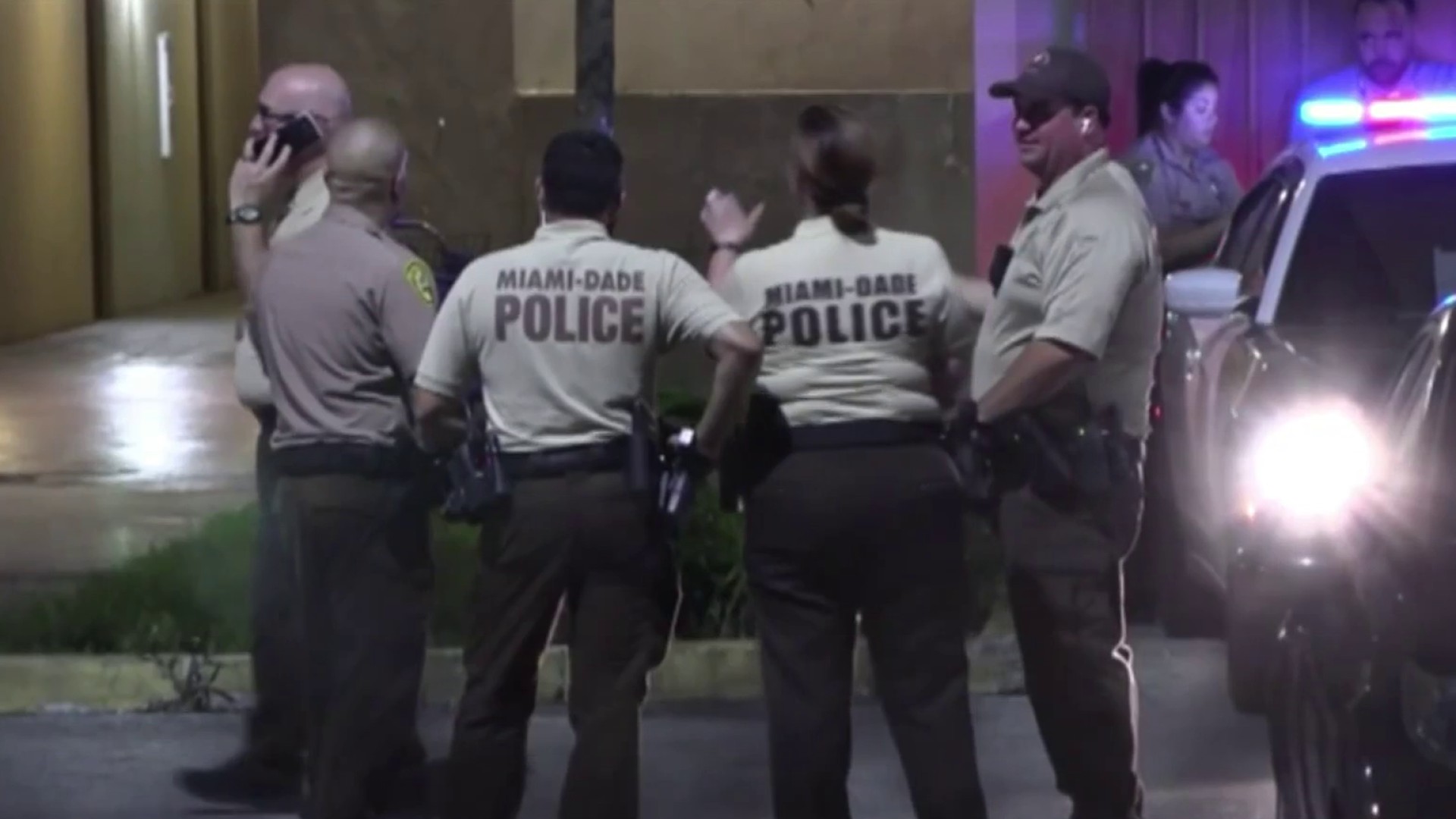Javier Jaimes is one of the most important people on the planet in 2020. He is not a world leader, first responder or healthcare worker, but he and the five main researchers at Cornell University in New York are some of the proverbial rock stars of our time.
The group of scientists brought other studies to a halt in January and began studying the novel coronavirus weeks after people in China started becoming infected. They continue to work as the virus gains traction and has essentially paralyzed the world.
The scientists at Cornell are among the many national and international research groups collaborating on COVID-19 and are working nonstop to get the answers we need to, in short, keep us alive.
Jaimes says the team at the Gary Whitaker laboratory at the College of Veterinary Medicine work in shifts in order for the research to continue 24 hours a day.
"It is overwhelming. That's the word," he said.
But as a Colombian man, who has only been in the U.S. for five years, being at the forefront of the war against the deadly pandemic, he says, is also a great honor.

The team at Cornell, Jaimes says, has been studying other coronavirus species for almost a decade. That is why he is adamant about dispelling conspiracy theories that the virus, which has killed approximately 7,000 to date in the U.S. alone, was man-made and intended to be used as a biological weapon.
Local
Jaimes points out that since the very beginning of their investigation, they have obtained solid evidence that COVID-19 originated from bats in the Wuhan region, though he concedes no one yet knows for sure how the bats transmitted the disease to humans.
"This virus is pretty similar to other viruses that are usually circulating in the wild in this specific reservoir that is the bat population," he said.
He confirmed this coronavirus is transmitted when wild animals, domestic animals and humans are in close proximity of each other.
One of the most notable differences is how highly contagious COVID-19 is. That, Jaimes explained, is due to the virus' fast-acting protein which functions like a key to a door. COVID-19's protein opens the "door" of a cell, allowing it to become infected quickly.

Numerous pharmaceutical companies, biotechs and researchers around the globe have developed vaccines for COVID-19. In the U.S., Moderna is in Phase 1 of their clinical trials for a vaccine they developed as recently as three weeks ago. Experts say it will take a year or more for the products to be brought to market.
"We can develop a vaccine in a lab really fast, but we cannot speed up all the clinical trials that the vaccine has to go through to be able to say that it's safe and it works," Jaimes said.
That is why social isolation is the most effective weapon against COVID-19 at the moment, he said. Once the virus has no one to latch onto, he pointed out, it dies.
"It is the only weapon that we have against this virus right now," Jaimes affirmed.
His statement is in line with the hundreds, if not thousands of federal officials and local leaders around the United States driving home the message that we are #saferathome.



